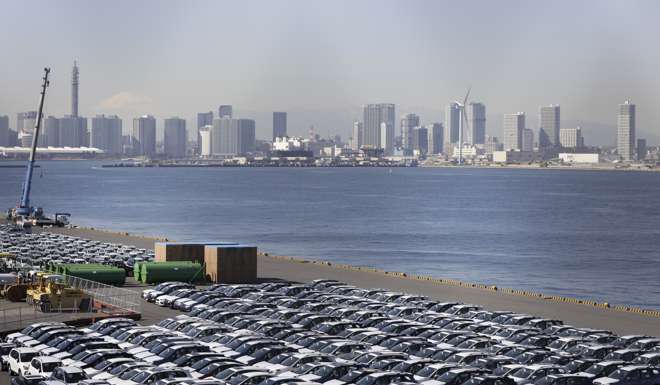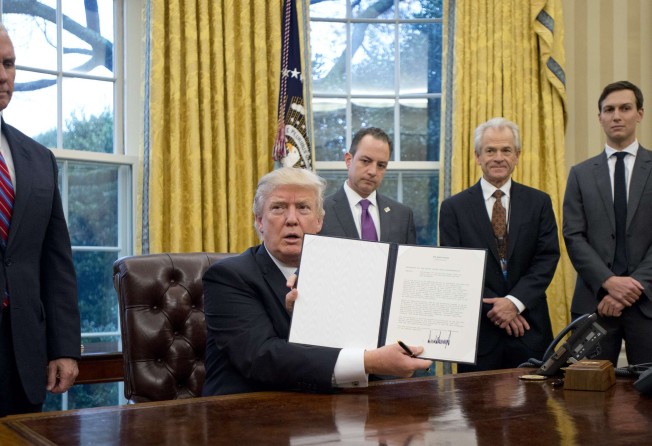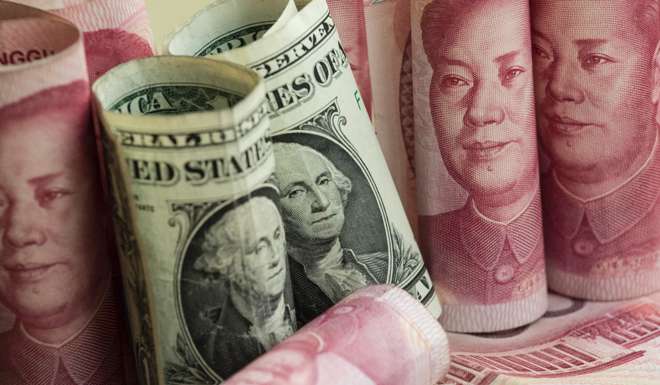
Why the world has reason to fear Donald Trump’s trade tantrums
Donald Kirk says the White House’s tough stance on so-called currency manipulators aims to deliver on campaign pledges on jobs and the economy, but a global trade war would portend conflict of a far worse kind

US President Donald Trump’s most fearsome offensive on the world stage has nothing to do with immigration reform, building a border wall with Mexico – or even defence or treaty alliances. It’s all about US trade relations with the rest of the world.
All that other stuff isn’t going to affect most Americans directly. The hassle over refugees doesn’t faze people too much on a personal level, nor do Americans worry a lot about US treaty alliances that shield them from their enemies.
Trade with the rest of the world, however, is another matter. That’s where the money and jobs are, and Trump won over rust-belt states with his promise to “make America great again” – with its vision of bringing back jobs, economic security and upward mobility for the middle and working class.


That argument is easy to understand. The US trade deficit is out of control. Last year, China made US$347 billion from the US market, accounting for 60 per cent of the overall US trade deficit. Trump’s trade adviser, Peter Navarro, has singled out China, as well as Germany and Japan, as currency manipulators. Japan’s trade surplus with the US last year was nearly US$70 billion, with Germany’s at around US$65 billion. Combine that with an American national debt of nearly US$20 trillion and it is plain to see why Trump is threatening a trade war by slapping protective tariffs on China.
Watch: Donald Trump slams China’s currency devaluation
But the implications of a global trade war, closing markets behind tariff walls, are disturbing. South Korea, its surplus with the US last year totaling US$27.6 billion, would be caught up in the turmoil, for one. While not seen as a currency “manipulator”, US trade and commerce officials view Korea’s currency as undervalued.
Trump wants to end the North American Free Trade Agreement with Canada and Mexico, with which the US also has enormous deficits. Next, he might go after the Korea-US free trade deal, arguing that the US deficit has only risen since the deal took effect five years ago.
The ruckus over the deficit risks repercussions far beyond trade. US tariff constraints imposed in 1930 after the 1929 stock market crash are often blamed for bringing on the second world war.
Trump has reason to bargain hard, but no one wants to risk war over barriers to trade.
Donald Kirk is the author of three books and numerous articles on Korea